Hello everyone good morning.
Hope all are you well. today I am back again my new blog.
Workers are the backbone of economies worldwide, driving production, innovation, and the distribution of goods and services. However, the conditions under which workers operate can vary widely depending on geography, industry, and the level of economic development in a given country. One country where labor conditions have become a focal point in recent decades is Bangladesh. While workers in Bangladesh play a crucial role in global supply chains, their labor experiences highlight the complexities of the global economy and the interdependence of workers worldwide.
Labor in Bangladesh
Bangladesh is one of the largest garment producers in the world, with the industry accounting for more than 80% of its total export earnings. The country is home to millions of garment workers, the majority of whom are women. Despite the industry’s significance to the national economy, workers in Bangladesh face numerous challenges, including low wages, unsafe working conditions, and limited labor rights.
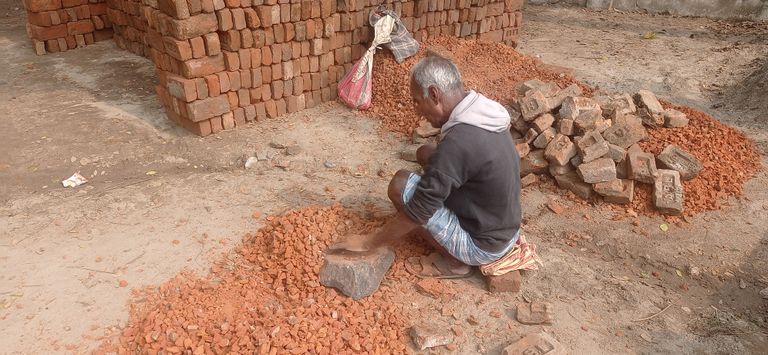
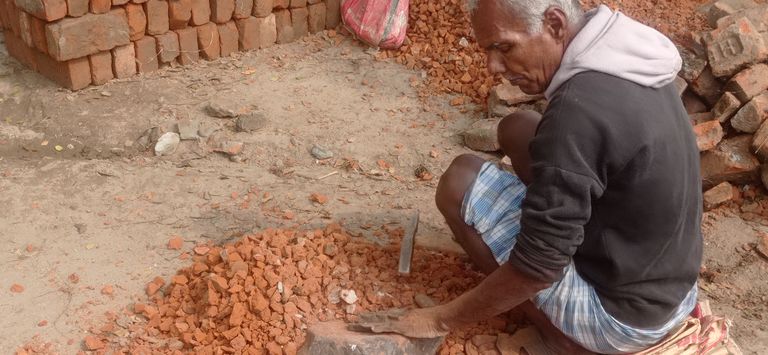
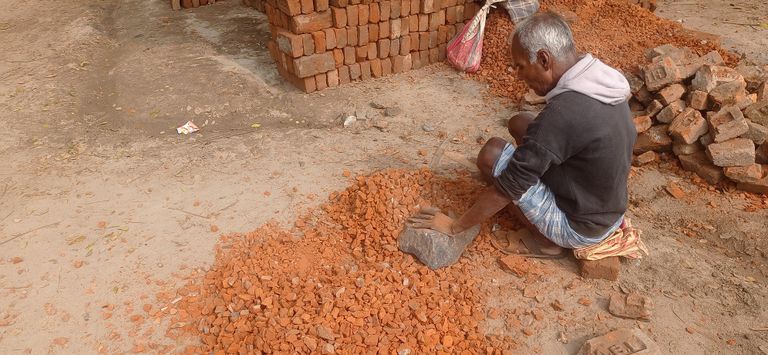
A key issue is the low wage levels in Bangladesh. Many workers in the garment sector earn only the minimum wage, which is often insufficient to meet basic living expenses. Although the government has raised the minimum wage in recent years, it still remains far below the wages paid to workers in other countries producing similar goods. The minimum wage is also not universally enforced, and workers sometimes face deductions for conditions beyond their control, such as unannounced factory shutdowns.
In addition to low wages, safety standards in the workplace are a significant concern. The 2013 Rana Plaza disaster, where over 1,100 workers lost their lives due to the collapse of a garment factory, highlighted the dangerous working conditions in Bangladesh’s garment sector. The collapse of the building, which was housing several garment factories, underscored the lack of proper building codes and insufficient oversight of factory safety standards. Despite efforts by international organizations and local authorities to improve safety, many workers still face health and safety risks, including exposure to toxic chemicals, fire hazards, and substandard equipment.
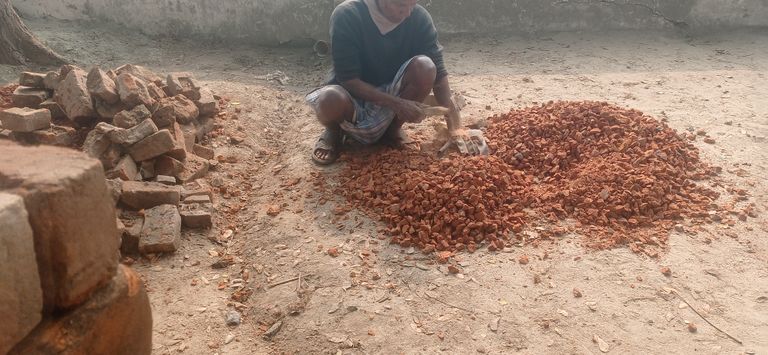
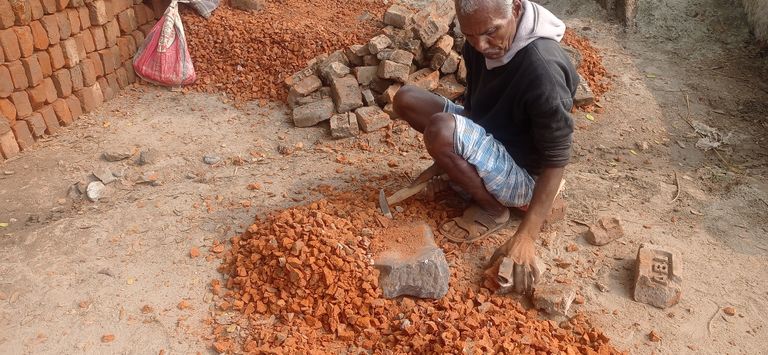
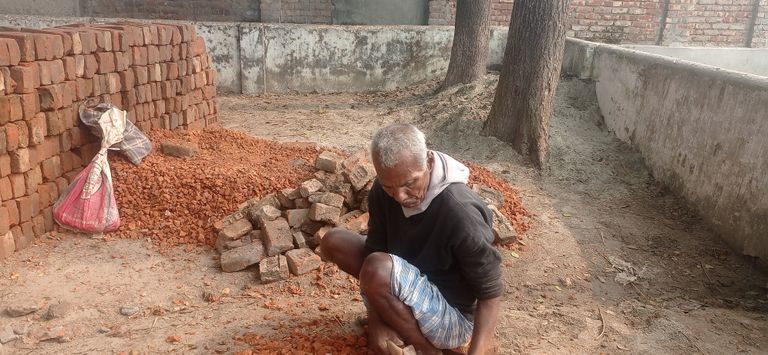
Worker rights in Bangladesh are also restricted, with limited access to unions and collective bargaining. The government has made some attempts to strengthen labor laws, but enforcement remains weak, and many workers face intimidation and retaliation for attempting to organize. The lack of strong labor protections makes it difficult for workers to demand better wages or working conditions, leaving them vulnerable to exploitation.
Global Interconnectedness of Workers
The struggles of workers in Bangladesh are not isolated; they are part of a larger global web of labor dynamics. Globalization has led to the outsourcing of manufacturing to countries with lower labor costs, and Bangladesh has become a hub for companies seeking to take advantage of this cheaper labor pool. International brands, particularly in the fashion industry, are some of the biggest buyers of goods produced in Bangladesh. However, many of these companies face growing pressure to improve working conditions and ensure that their supply chains adhere to ethical labor standards.
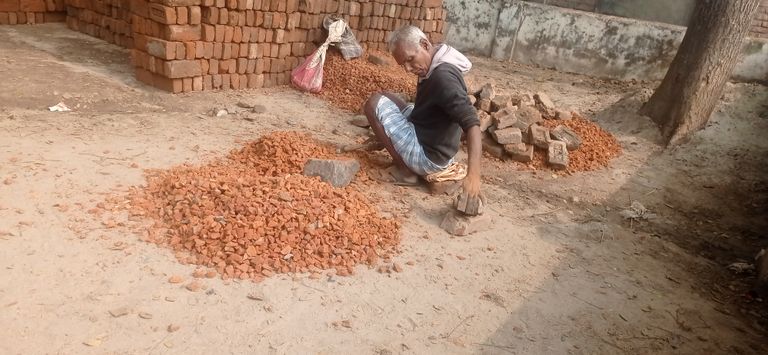
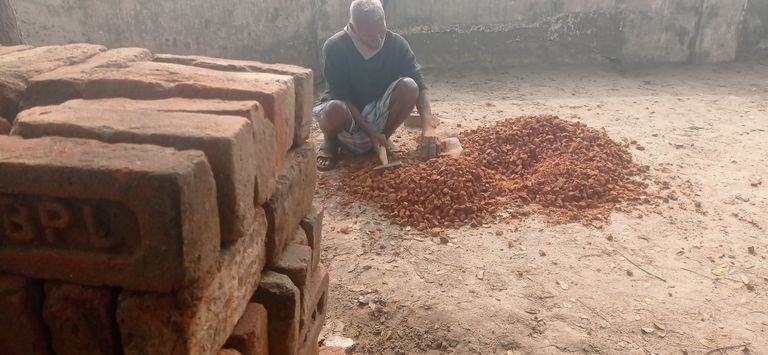
The global nature of supply chains means that labor issues in Bangladesh reverberate worldwide. Consumers in wealthier countries often purchase products made under conditions they would find unacceptable in their own countries. This has led to increasing calls for corporate accountability. In response, many multinational corporations have signed on to initiatives like the Bangladesh Accord on Fire and Building Safety, which was created in the wake of the Rana Plaza disaster. The Accord aims to improve workplace safety and provide compensation for victims of industrial accidents. However, despite these efforts, challenges remain, particularly when it comes to ensuring compliance in factories that are not directly affiliated with the signatories.
Furthermore, workers in countries like Bangladesh are often part of a larger global working class that faces similar struggles for fair wages and safe working conditions. While workers in developed economies enjoy certain protections and benefits, those in developing countries often lack such safeguards. This discrepancy has led to debates about the ethics of outsourcing and the responsibility of multinational corporations to ensure fair labor practices at all levels of their supply chains.
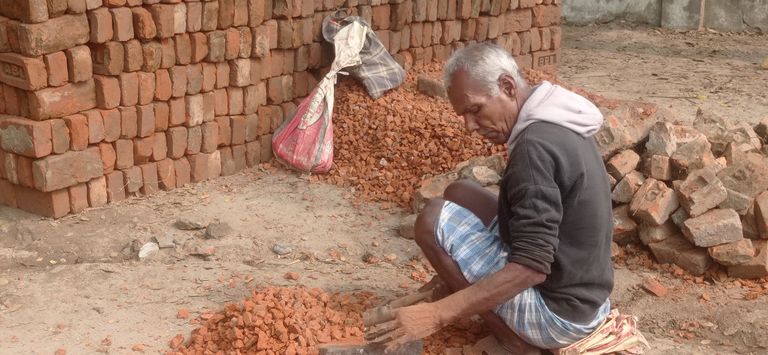
Moving Toward Fairer Labor Practices
There has been significant international pressure to improve labor standards, but the road to reform is challenging. Trade unions and labor rights organizations around the world continue to advocate for higher wages, better working conditions, and stronger labor rights. The International Labour Organization (ILO), a United Nations agency, plays a crucial role in setting international labor standards and promoting decent work for all.
At the same time, consumer awareness and activism have played an increasingly important role in pushing for change. Many consumers are now more informed about where their products come from and the conditions under which they were made. This has led to the rise of movements advocating for ethical fashion and responsible purchasing, where consumers demand that companies adopt fair labor practices. Brands are responding to this pressure by improving their supply chain transparency and committing to more sustainable, ethical practices.
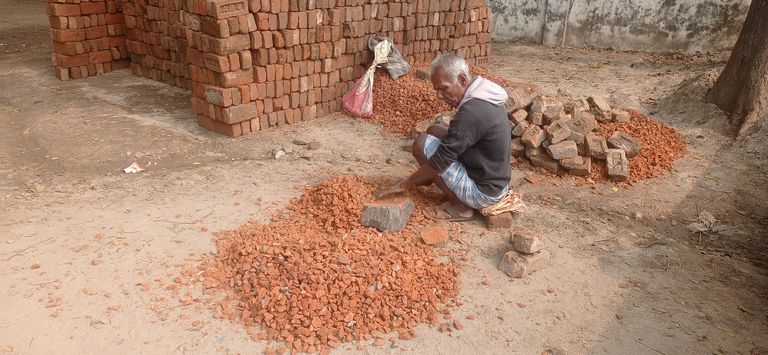
Workers in Bangladesh and workers across the globe face significant challenges in the modern economy. While Bangladesh’s garment sector plays a vital role in the global supply chain, the workers producing these goods are often subjected to exploitation, unsafe working conditions, and poverty wages. However, the interconnectedness of the global economy means that labor issues in one country have far-reaching consequences. As the world becomes more interconnected, it is essential that multinational companies, governments, and consumers all play a part in advocating for and supporting fair labor practices that prioritize the well-being of workers around the world. Only through collective action can meaningful progress be made in improving the lives of workers everywhere.
Bangladeshi workers, like those in many other countries, are entitled to a range of rights aimed at ensuring fair working conditions, safety, and social protections. These rights are enshrined in the country’s labor laws, primarily the Bangladesh Labour Act of 2006, and other relevant regulations.
Right to Fair Wages: Workers are entitled to receive a fair wage for their work, which should be at least the minimum wage established by the government. Employers must ensure that workers are paid on time, with no deductions other than those specified by law.
Right to Safe Working Conditions: Workers have the right to a safe and healthy workplace. Employers are obligated to provide necessary safety equipment, implement measures to prevent accidents, and ensure that work environments meet established safety standards.
Right to Work Hours and Overtime: The standard workweek is 48 hours, with a maximum of 8 hours per day. Workers are entitled to overtime pay at a higher rate for any work exceeding this standard, typically calculated at twice the normal hourly rate.
Right to Leave: Workers are entitled to annual leave, sick leave, and maternity leave, as stipulated by the Bangladesh Labour Act. They are also entitled to public holidays and rest days, ensuring they have time to recover from work demands.
Right to Collective Bargaining: Workers in Bangladesh have the right to form or join trade unions and engage in collective bargaining to negotiate better wages, benefits, and working conditions.
Right to Social Protection: The government has established various welfare programs, such as workers' compensation for injuries, as well as pension schemes for certain sectors, to provide financial security for workers in times of need.
These rights aim to improve the well-being of workers and safeguard them from exploitation, but enforcement remains a challenge in certain industries, particularly in the garment and informal sectors.
So far Today...
Stay Home
Thanks for Your Time Friend.
♥♥♥♥♥♥
Ok
See you Again in a New blog.
Thanks for being with me.
Plese Follow Me......
@mspbro
★★To contact me★★
Subscribe My 3speak Channel https://3speak.online/user/mspbro
Follow me Twitter https://twitter.com/mdsumonpra
Add me Facebook https://www.facebook.com/sumon.mim84